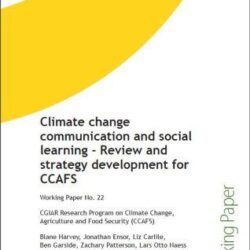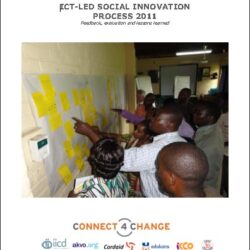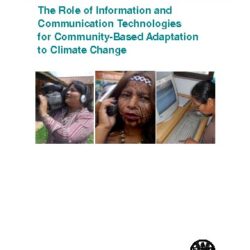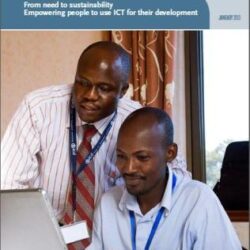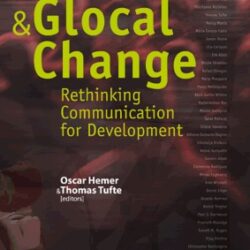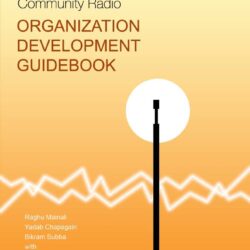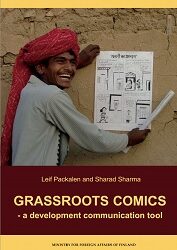Climate Change Communication and Social Learning
[2012] This working paper by CGIAR Research Program on Climate Change, Agriculture and Food Security (CCAFS) offers an overview of current theory and practice on climate change communication and social learning in the global South. With a view of informing CCAFS strategy in this area, it presents a theoretical framework for understanding social learning and communication approaches and reviews the current landscape of methods, tools and decision aids in communicating

